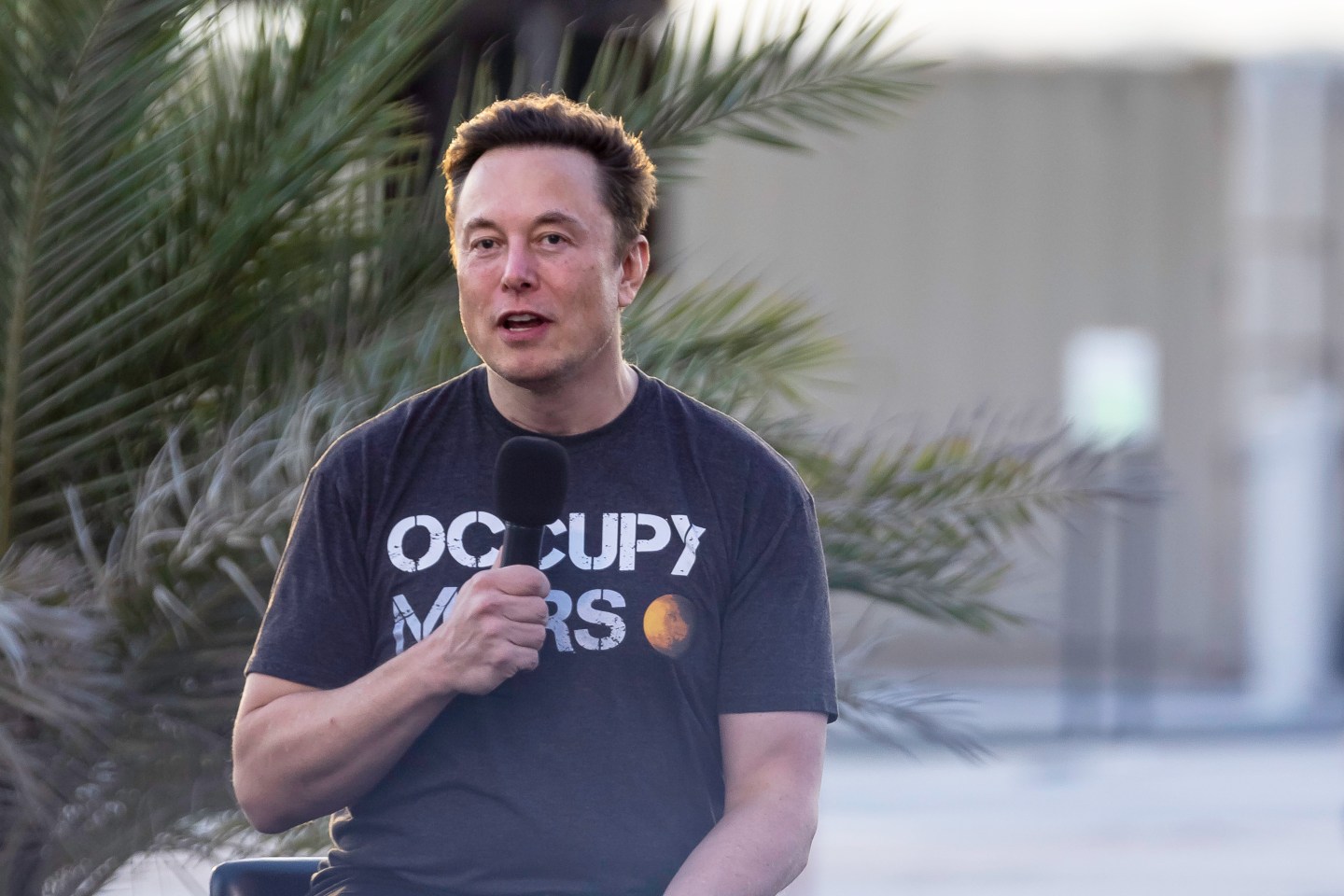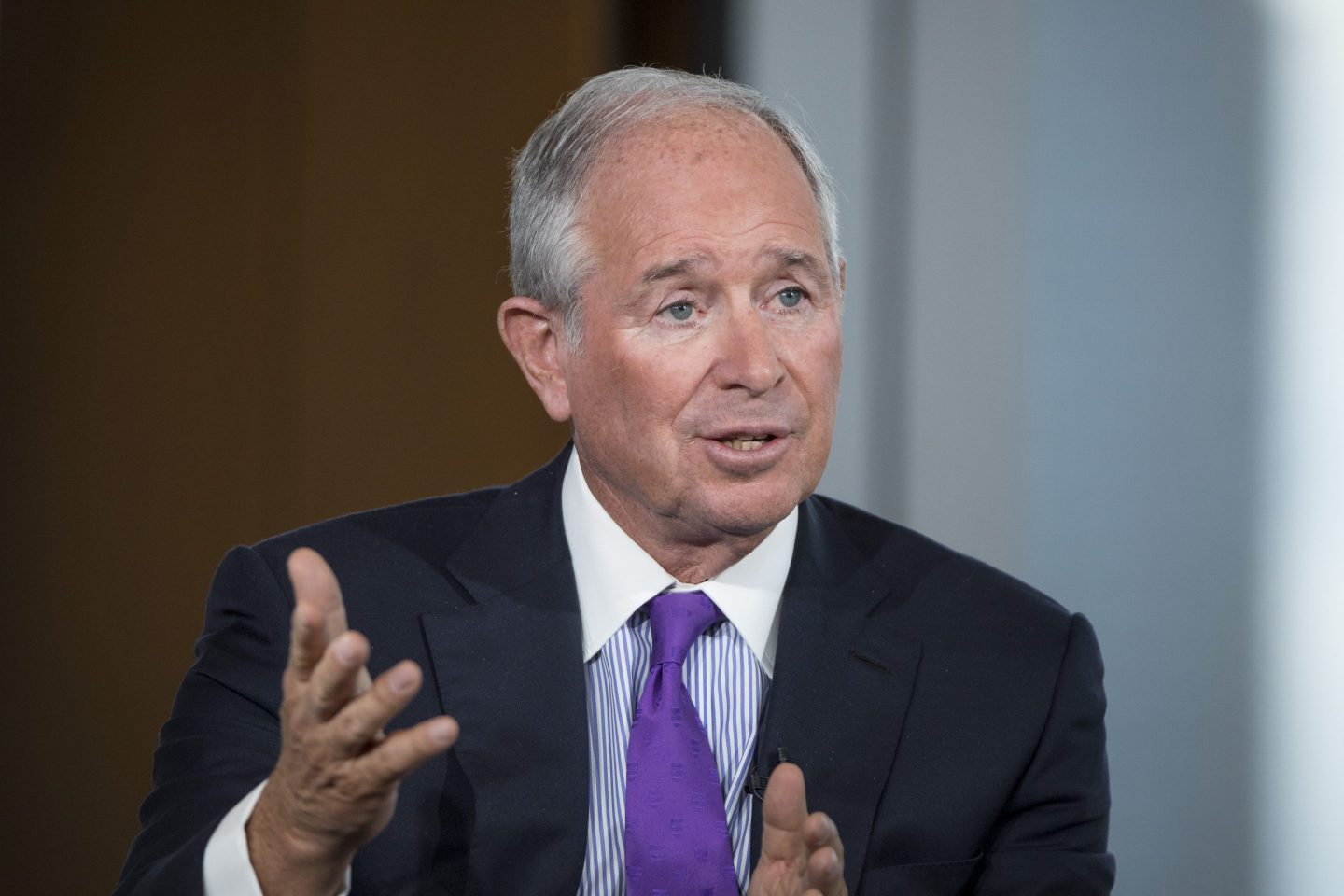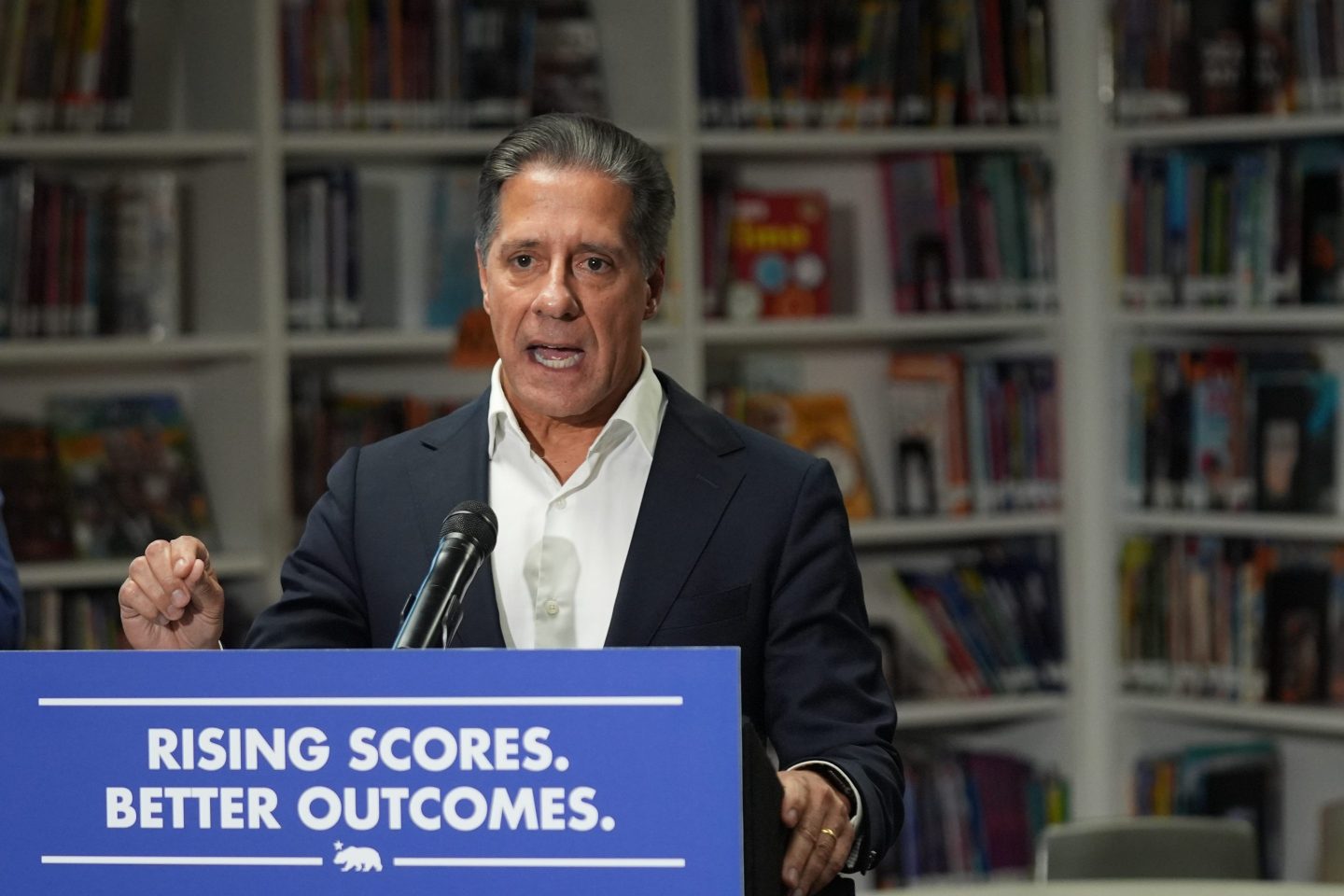Elon Musk’s text messages were made public as part of the pretrial discovery for the upcoming legal case about whether he can back out of his agreement to purchase Twitter. The text messages reveal how the world’s richest man interacted with notable tech figures in the run-up to the deal, including Twitter CEO Parag Agrawal, crypto billionaire Sam Bankman-Fried, and Oracle founder Larry Ellison, among others. His exchanges also offer a glimpse into his leadership style.
Despite helming two companies—Tesla and SpaceX—as CEO, Musk dislikes traditional executive duties. “Frankly I hate doing mgmt stuff,” Musk texted Agrawal in April.
It’s not the first time Musk has expressed reservations about his executive standing. When asked about his role as Tesla CEO in a June 2021 court appearance related to a different case, he said, “I rather hate it, and I would much prefer to spend my time on design and engineering.”
Perhaps it’s because he better identifies with hard-core techies than buttoned-up financial types. “I interface way better with engineers who are able to do hardcore programming than with program manager/MBA types of people,” Musk wrote to Argawal as the two coordinated a meeting for Twitter engineers to walk him through the app’s code.
Musk added in the same text to the Twitter chief, “I kinda don’t think anyone should be the boss of anyone.” He expressed a similar sentiment to SpaceX board member and investor Steve Jurvetson weeks later, stating that he was considering doing away with C-suite titles at Twitter in an effort to transform it into a software company run by people “who actually write good software.” But Musk did acknowledge that he would “oversee software development.”
He also requested that Jurvetson send him talent to consider for different software roles, to which the investor responded, “Ok, no management; good coders, got it.”
Despite his efforts to lead yet another company, Musk has admitted in the past that he struggles to empower others. “It’s not from some desire to keep things close to my vest. I would love to delegate more if at all possible. But the practical reality of it is that I cannot delegate because I can’t find people to delegate to,” he told the New York Times in 2020.
His willingness to take on additional responsibility, combined with a predisposition to question the contributions of others, can make for a pugnacious leadership style that is typically reserved for the most irksome of bosses.
After Musk’s relationship with Argawal soured, he went so far as to question the Twitter boss’s work ethic on more than one occasion, first pointedly asking him, “What did you get done this week?” Later, in an exchange with investor Jason Calacanis, he derided Argawal’s decision to go on a Hawaii vacation.
“Btw Parag is still on a ten day vacation in Hawaii,” Musk texted Calacanis, who replied, “Shouldn’t he be in a war room right now?!?” Musk quipped, “Does doing occasional zoom calls while drinking fruity cocktails at the four seasons count?”
Ultimately, Musk has a singular management style, combining unparalleled dedication that helps him lead by example and a demanding impatience that can be grating. Whether he wants to be a manager, though, seems quite obvious: It’s a resounding no.













